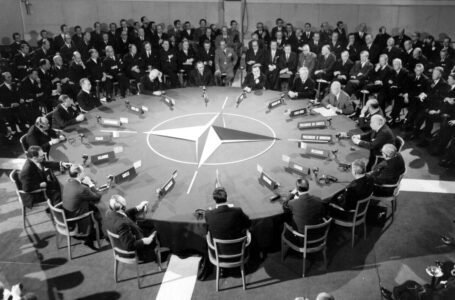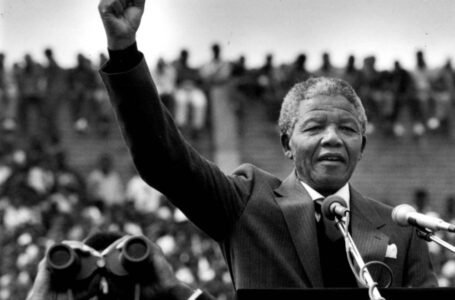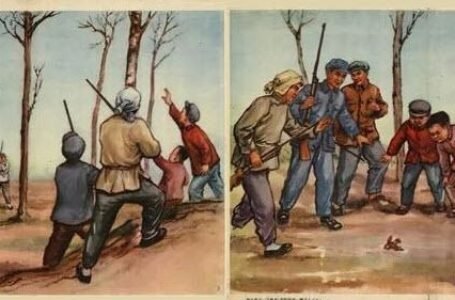Vishakhadatta: Unraveling the Enigma of an Ancient Sanskrit Playwright
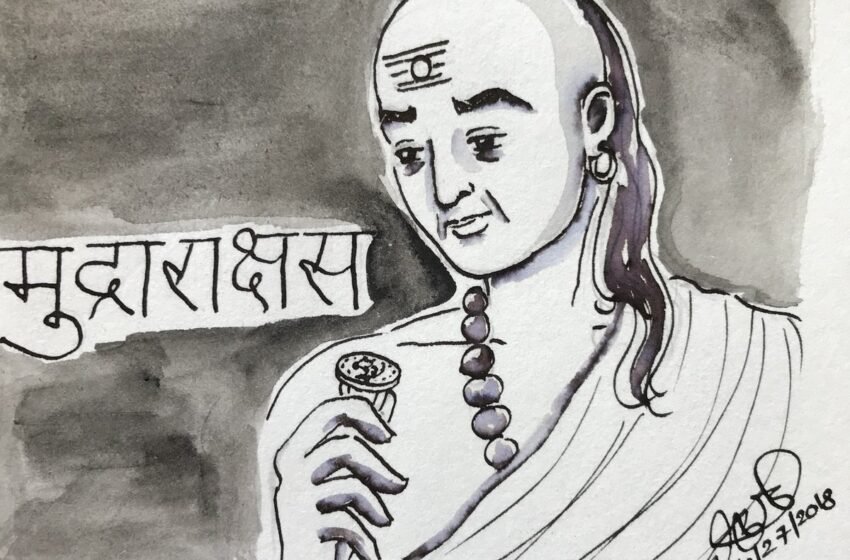
Vishakhadatta, an illustrious figure in the tapestry of ancient Indian literature, remains shrouded in mystery, with only faint glimpses of his life found in the verses of his surviving works, Mudrārākṣasa and Devichandraguptam. Despite the scarcity of biographical details, scholars have attempted to place him in the chronicles of Indian history, sparking debates about his period and influences. This essay endeavours to explore the life works and stylistic nuances of Vishakhadatta, delving into the rich tapestry of Indian classical literature.
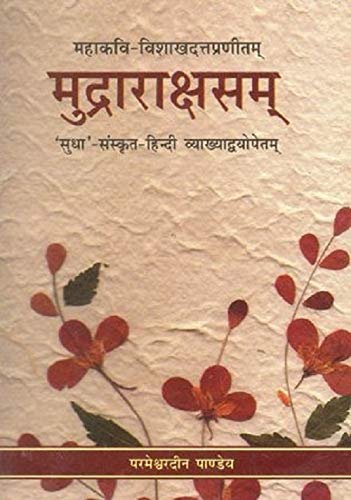
Vishakhadatta’s lineage, traced through the names of his father and grandfather mentioned in Mudrārākṣasa, provides a slender thread connecting him to Maharaja Bhaskaradatta and Maharaja Vateshvaradatta. The uncertainty surrounding his period fuels scholarly discussions, with varying views posited by eminent historians. Some, like A. S. Altekar and P. Jayaswal, align him with Chandragupta II, placing him in the late 4th to early 5th century. However, dissenting voices, including Moriz Winternitz and R. C. Majumdar, challenge this view, adding an air of intrigue to Vishakhadatta’s historical positioning.
Mudrārākṣasa: A Political Drama
Vishakhadatta’s literary legacy primarily rests on Mudrārākṣasa, a political drama that intricately weaves historical facts into the fabric of Maurya Dynasty politics. The play unfolds against the backdrop of courtly machinations, offering a glimpse into the power struggles and intrigues of ancient India. The author’s astute portrayal of characters and events reflects a keen understanding of political dynamics, suggesting a possible connection between his princely lineage and involvement in political administration.
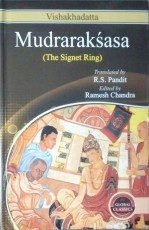
In the annals of Sanskrit literature, Mudrārākṣasa seamlessly manoeuvres through political mechanisms and power struggles between Chanakya, Chandragupta, and their adversaries, emerging as a riveting tale of ambition, betrayal, and philosophical deliberation. This theatrical narrative unfolds against the backdrop of ancient India, featuring a plot intricately woven with strategic alliances, deceit, and the pursuit of power. While the lack of prominent female roles is a notable departure from traditional Sanskrit plays, the absence of romantic elements is compensated by the sheer intensity of political intrigue and the exploration of profound philosophical themes.
The narrative commences with Chanakya, the astute minister of ruler Nanda, aligning himself with Chandragupta to orchestrate the usurpation of power. The ensuing conflict leads to Chanakya’s expulsion from the court, setting the stage for a strategic collaboration with Northwest King Parvata. The agreement between Chanakya and Parvata becomes the linchpin for their triumph over Nanda, resulting in the division of Nanda’s territories between Parvata and Chandragupta.
The turning point arrives with the poisoning of Parvata and the ascension of his son Malayaketu. Malayaketu, fueled by ambition and aided by Rakshasa, Nanda’s final minister, seeks to consolidate control over Nanda’s ancient domains. The stage is set for a climactic showdown as Malayaketu, joined by allies from Persia, Sind, and Kashmir, prepares to assault Pataliputra, Chandragupta’s capital.
In a masterstroke of deception, Chanakya employs cunning tactics to lure Rakshasa to the Maurya side, thereby destabilizing the Malayaketu alliance. This strategic maneuver not only showcases Chanakya’s political acumen but also underscores the relentless pursuit of power that defines the characters in this drama.
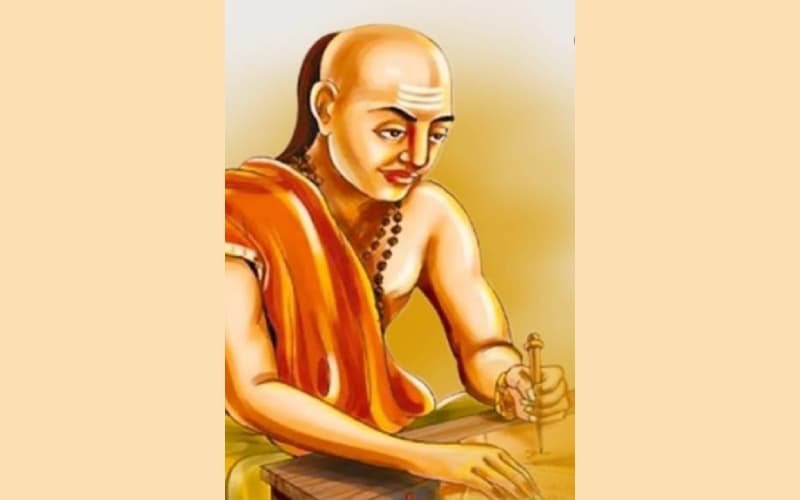
The absence of prominent female roles and romantic elements in this play diverges from the typical Sanskrit theatrical tradition. Unlike many Sanskrit plays that feature a vidushaka character—a comedic figure providing entertainment and commentary—this drama opts for a more straightforward approach. The focus remains squarely on the political intricacies, philosophical debates, and the ethical considerations that underscore the characters’ actions.
Beyond the political machinations, the play delves into profound philosophical debates, exploring themes of responsibility and devotion. The characters engage in dialogues that question the ethical dimensions of their pursuits, offering the audience a glimpse into the moral dilemmas faced by those entangled in the pursuit of power.
Stylistic Nuances and Departures:
In dissecting Vishakhadatta’s literary style, a distinctive departure from his contemporaries emerges. While he adheres to the formal conventions of Sanskrit literature, his prose passages exhibit a certain stiffness, leading scholars to speculate on his probable transition from the world of affairs to literature. Unlike some contributors to Sanskrit literature, such as Harsha, whose plays align closely with conventional literary ideals, Vishakhadatta’s writing embodies a unique blend of substance over art, echoing the principle of “more matter and less art.”

Devichandraguptam:Fragmented Echoes of a Lost Play:
The fragments of Devichandraguptam, preserved through quotations in later works, offer tantalizing glimpses into another facet of Vishakhadatta’s creative prowess. The play narrates the cunning manipulation of King Ramagupta into signing a humiliating treaty, setting the stage for revenge by his younger brother, Chandragupta. The reconstructed storyline unfolds with political intrigue, military valour, and familial bonds, showcasing Vishakhadatta’s versatility in crafting narratives that resonate through time.
The availability of an English translation of Mudrārākṣasa by Michael Coulson opens a gateway for contemporary readers to explore Vishakhadatta’s work. Additionally, alternative theories, such as the name Vishakhadeva and the suggestion of his possible name being Devadatta, add layers to the ongoing quest to decipher the playwright’s identity and historical context.
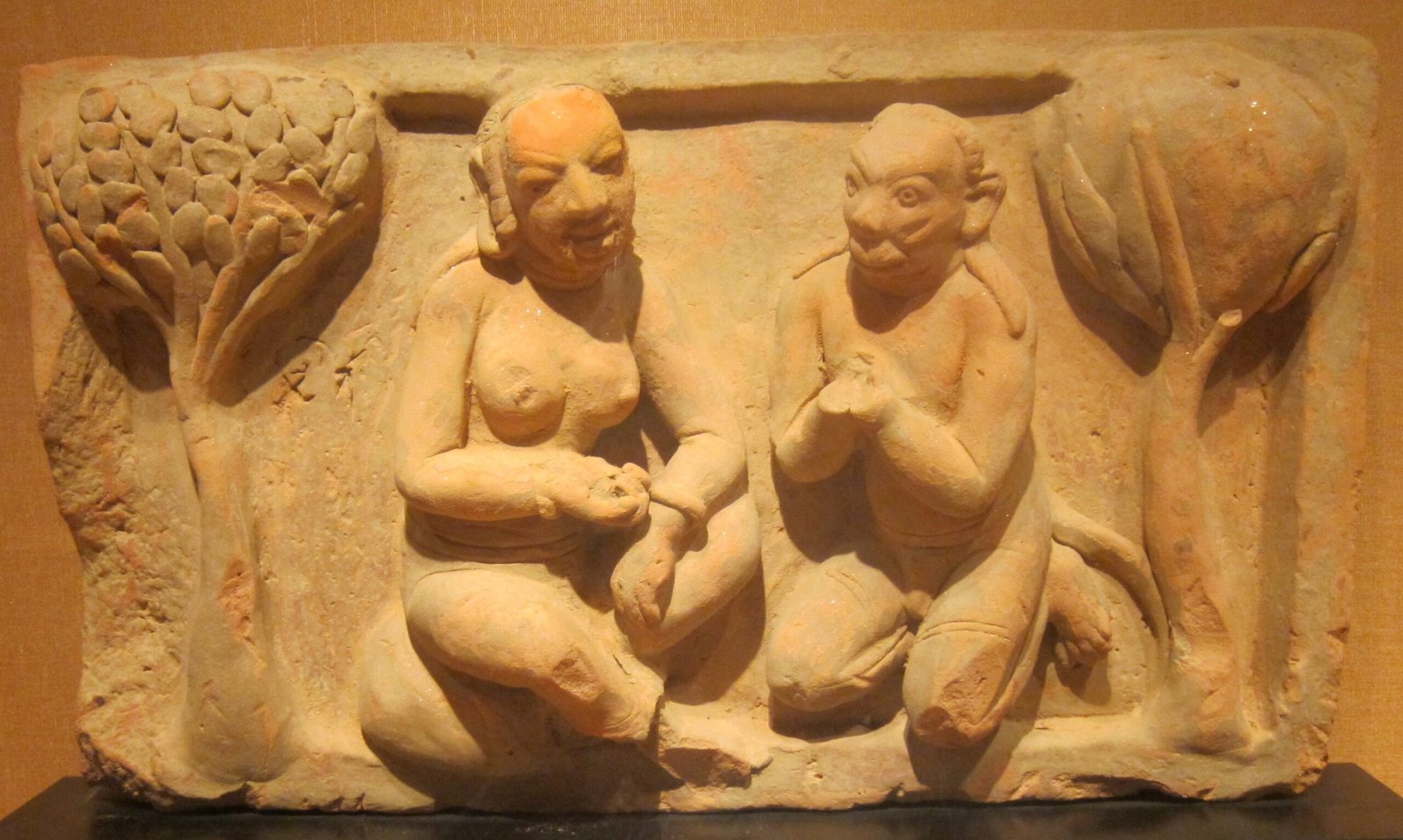
Conclusion:
In the intricate tapestry of ancient Indian literature, Vishakhadatta stands as a mysterious yet influential figure, leaving behind a legacy marked by political sagacity, literary innovation, and historical resonance. While the veil of time obscures the finer details of his life, the surviving plays, Mudrārākṣasa and Devichandraguptam, serve as windows into the intellectual and creative depths of this enigmatic playwright. Through this research essay, we embark on a journey to unravel the enigma of Vishakhadatta, celebrating his contribution to the rich mosaic of Sanskrit literature.
